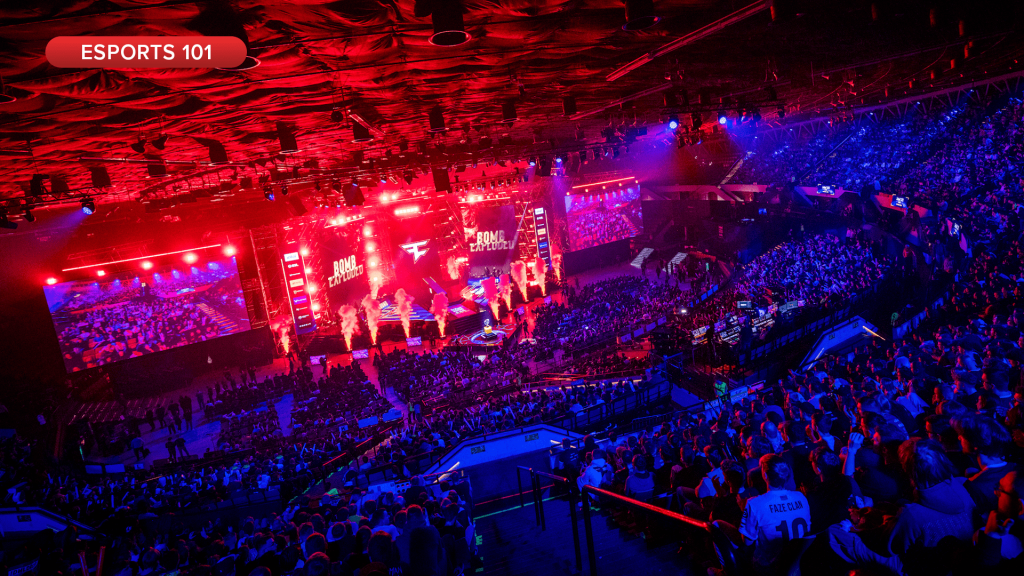
Mergers are part and parcel of business and are common occurrences across entertainment, media and gaming.
Mergers are often pursued to create one strong brand through the consolidation of two or more companies or as a vehicle for expansion into a new sector. Esports’ financial landscape has undergone difficulties over the past couple of years, with investments slowing down amid larger global economic difficulties affecting many industries. As a result, mergers — and acquisitions — have been utilised to try and create stronger unified brands to navigate these waters.
Esports Insider has collated a list of the biggest esports mergers, highlighting how they happened and what they meant for the industry.
ESL and FACEIT
In 2022 two of esports’ biggest tournament companies, organiser ESL and platform FACEIT, were bought and merged by Saudi Arabian government-backed Savvy Games Group in a combined $1.5bn (~£1.1bn) deal. This makes it the biggest esports-focused merger ever.
ESL FACEIT Group’s formation created a conglomerate that now runs tournaments of all scales, from major international events such as IEM Katowice to a multitude of community-focused tournaments on FACEIT’s platform. In addition, ESL FACEIT Group also owns DreamHack as a result of the deal, one of esports and gaming’s oldest LAN convention organisers.
The controversial purchase was the first of many moves the Saudi Arabian government has made in the esports and gaming sector. Later that year Savvy Games Group announced that it aimed to invest around £34.5bn in esports and gaming to support the country’s National Gaming and Esports Strategy. What has followed is Savvy Games Group’s $4.9bn (~£3.94bn) acquisition of video game company Scopely and the launch of a $60m (~£48.2m) Esports World Cup, set to debut in Summer 2024.
GameSquare and FaZe Clan
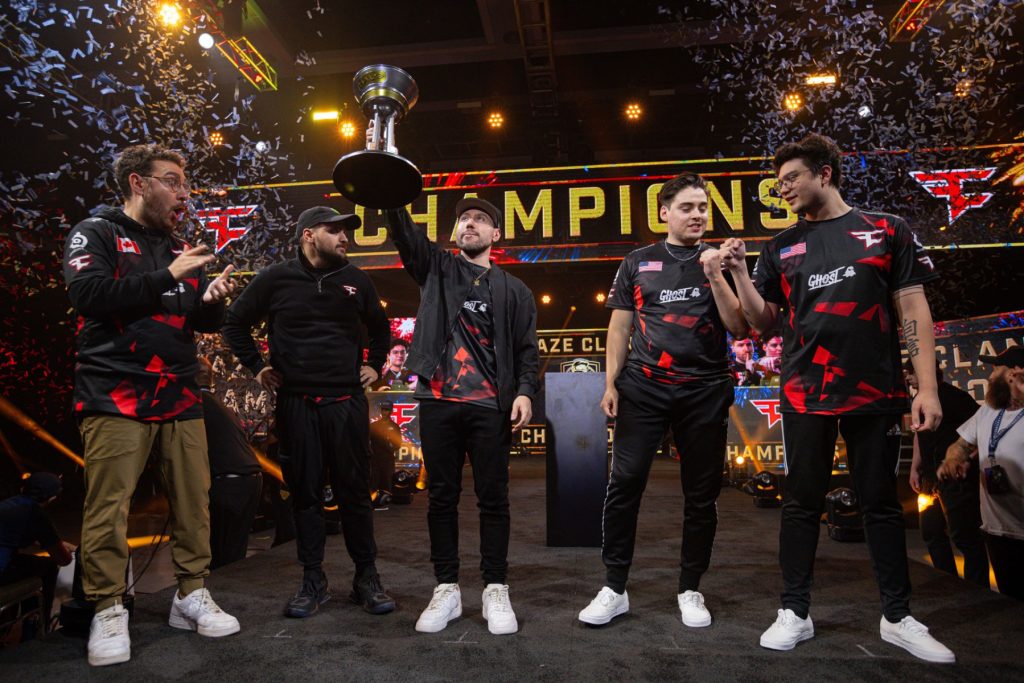
Once dubbed an esports powerhouse valued at $725m (~£582.2m) in 2022, FaZe Clan’s drop in stock depicted the financial struggles that the esports industry has faced over the last two years. Just two years later, the organisation merged with another publicly traded esports company GameSquare in an all-stock deal worth around $17m (~£13.7m).
The merger, which was completed in March 2024, has seen FaZe Clan somewhat return to its roots. GameSquare has enlisted the organisation’s founders FaZe Banks, FaZe Temperrr and FaZe Apex, to steer the company. Moreover, under GameSquare’s banner, FaZe has still managed to maintain its competitive success, winning CS2’s IEM Chengdu.
The merger did cause some concerns for fans of Complexity, which at the time was owned by GameSquare, with fears that both FaZe and Complexity would no longer be able to compete in the same titles due to competitive integrity. However, shortly before the FaZe merger was confirmed, Complexity was purchased by an investor group led by its founder Jason Lake for $10m (~£8m).
Activision and Vivendi Games
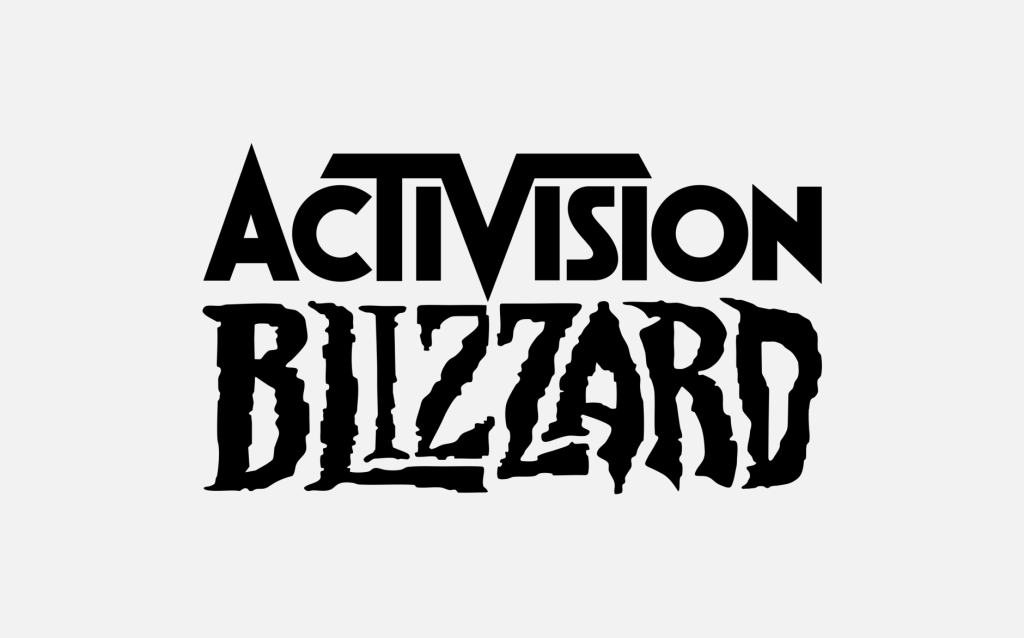
Whilst not exactly esports-specific, it’s undeniable that Activision’s merger with Vivendi Games, the game publishing unit of media holding company Vivendi, saw the creation of one of esports’ biggest publishers — Activision Blizzard.
In 2007, the two entities created one of the biggest video game companies in the world through a deal that was worth $18.9bn (~£15.2bn) at the time. Vivendi had a majority stake in the newly merged company until Activision Blizzard went independent in 2013 for $5.83bn (~£4.68bn). Alongside being the developer of popular esports franchise Call of Duty (Activision), Blizzard Entertainment entered into the esports space in 2016 with Overwatch.
Activision Blizzard, which also has a unique competitive scene for its popular World of Warcraft IP, was bought by Microsoft in 2023 for $68.7bn (~£50.5bn).
OpTic Gaming and Envy Gaming
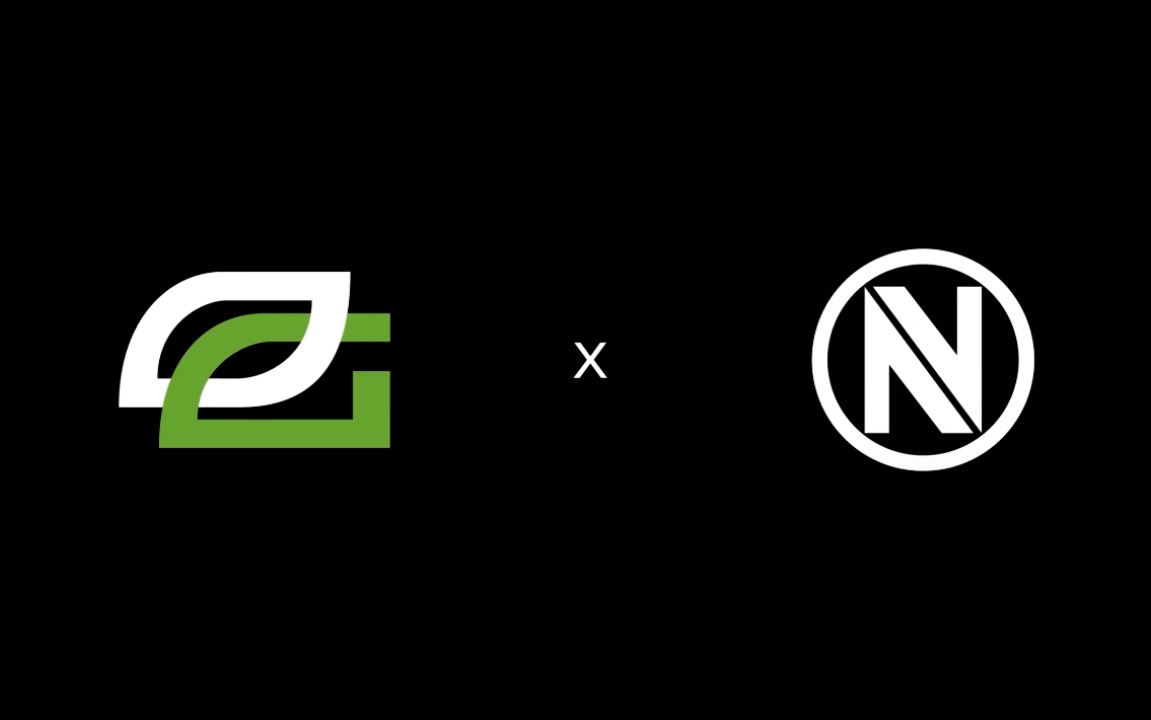
Speaking of Call of Duty, OpTic Gaming and Envy Gaming’s merger had major implications for the game’s esports ecosystem. Announced in 2021, the merger of two historic North American organisations led to Dallas Empire rebranding to OpTic Texas for the 2022 Call of Duty League season.
The subsequent deal also had a knock-on effect for another merger, one between Oxygen Esports (OXG) and Boston Uprising that saw the new company purchase the Call of Duty League’s 12th franchise spot. Previously, the franchise spot was held by OpTic Gaming (OpTic Chicago) prior to its merger with Envy. In 2022, Envy Gaming’s name was officially retired with all teams instead operating under the OpTic banner.
Ninjas in Pyjamas and ESV5
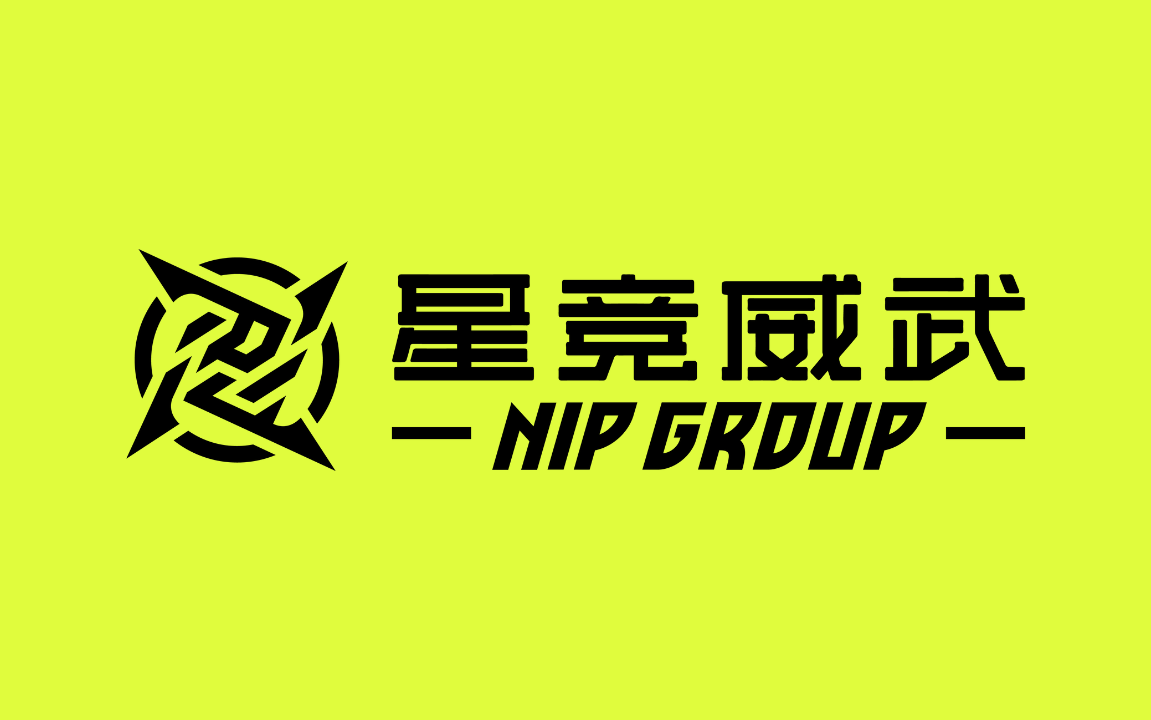
One of the most overlooked recent esports mergers is Ninjas in Pyjamas and Chinese esports brand ESV5 to form the global company NIP Group. Announced in 2021, the merger was officially completed in 2023 and resulted in Ninjas in Pyjamas entering into one of esports’ most popular leagues — China’s LPL.
The move opened the pathway for the Swedish esports organisation to enter the Chinese market, utilising a brand name that has been in existence since 2000. ESV5, a joint venture from eStar Gaming and Victory Five, also owns event production company MAG Studio, and esports talent agency eStar Entertainment.
OverActive Media, KOI and Movistar Riders
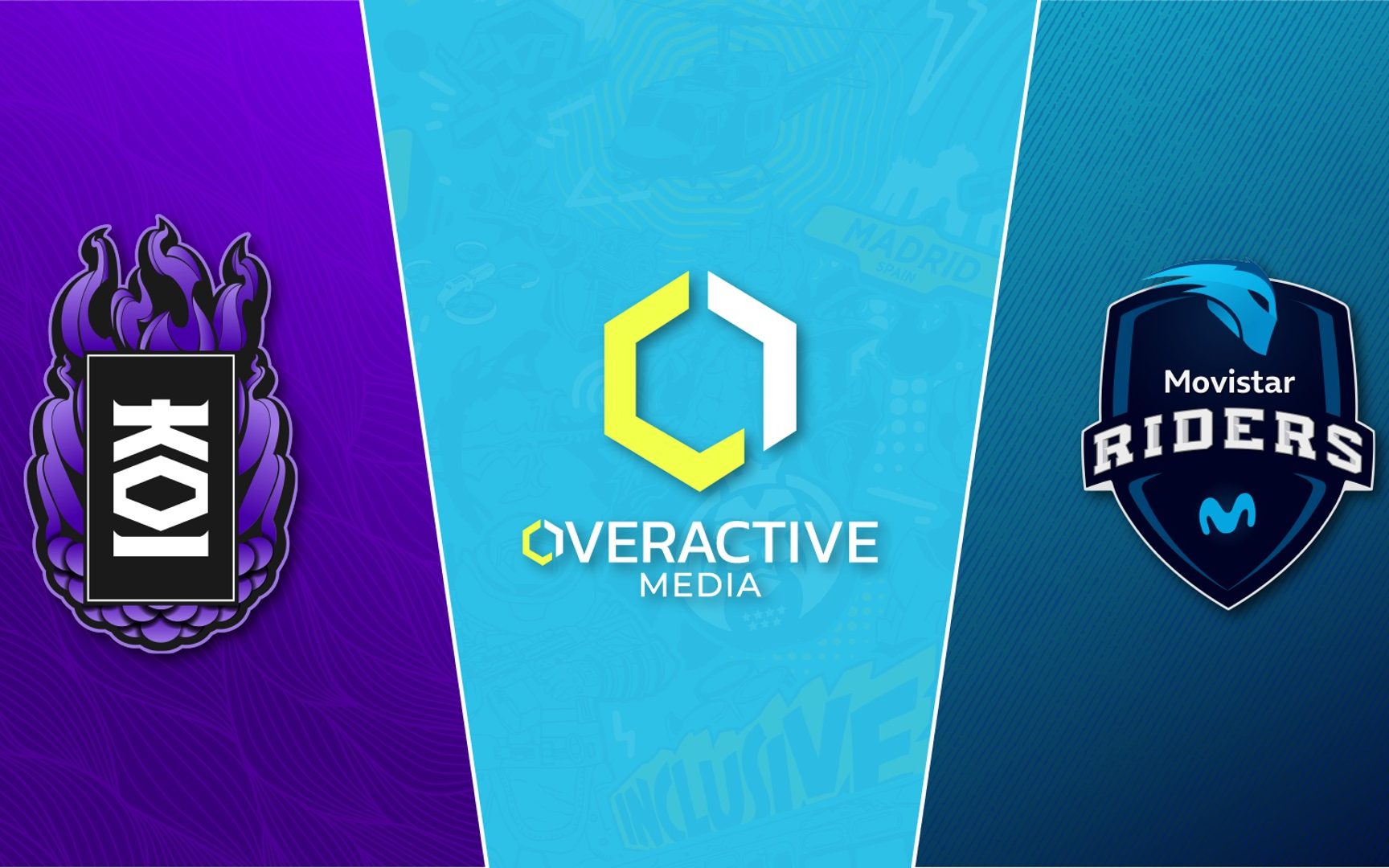
The Spanish market is an emerging esports sector, so when three notable Spanish brands combine, it’s important to take notice. Earlier this year, Canadian esports holding company Overactive Media acquired Spanish esports organisations KOI and Movistar Riders, combining the two brands with its existing MAD Lions division.
Variations of all three brands are still utilised throughout the entire competitive esports ecosystem, including VALORANT and League of Legends. However, OverActive has stated that the ultimate goal is to merge all three entities into a singular brand by the end of 2024, thus creating a new Spanish esports giant.
With this new Spanish brand, on top of OverActive Media’s Call of Duty League franchise Toronto Defiant and Overwatch team Toronto Ultra, the merger solidifies the company as a major multiregional esports organisation.
Giants Gaming and EXCEL
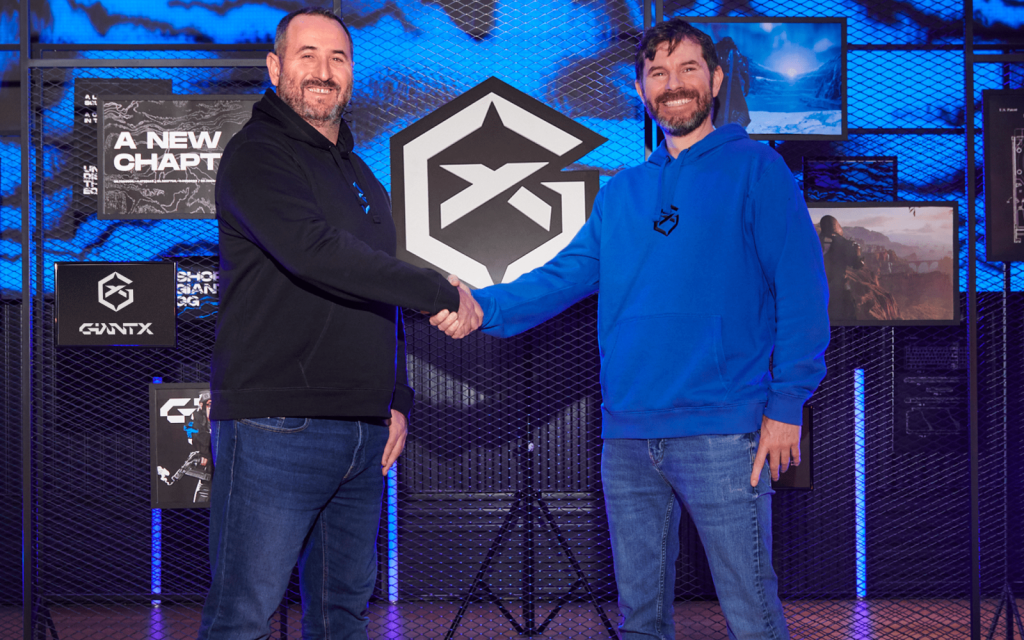
The end of 2023 saw the combination of two esports organisations that championed their respective regions — EXCEL (England) and Giants Gaming (Spain). Merging the two names, GIANTX was born with plans to dominate both markets under one identity. This joint merger sees those who headed up Giants Gaming focus on the Spanish market, while EXCEL handles the English-speaking market.
What the merger did was get the newly combined organisation into League of Legends’ LEC and VALORANT’s VCT. It’s too soon to say how this merger will play out amongst fanbases, however, the merger continues the recent trend of consolidation in esports.
Los Grandes and Team oNe
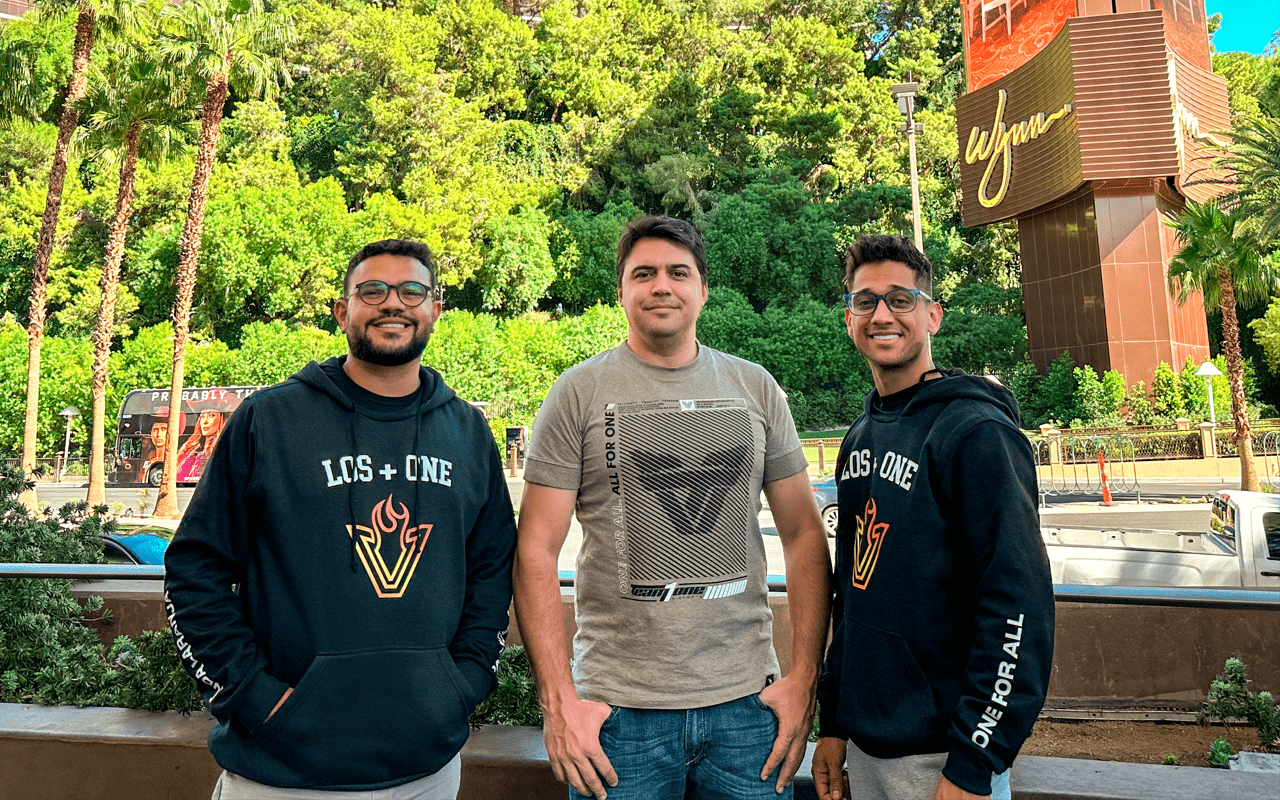
Moving over to Brazil, LOS (previously Los Grandes) merged with Six Mexico Major 2021 winner Team oNe in 2022 to further establish itself in the Brazilian esports ecosystem. At the time of the merger, LOS stated to Esports Insider that the purchase valued the organisation at R$100m (~£16.84m).
Right now, LOS competes in League of Legends’ CBLOL, BLAST’s Rainbow Six ecosystem and the Free Fire emulator scene. Up until 2024 the organisation also held a Counter-Strike roster. In terms of competitive accolades, LOS has yet to win a major trophy since its merger, however, the organisation did finish runner-up at the BLAST R6 Major Atlanta in 2023.
Honourable mentions
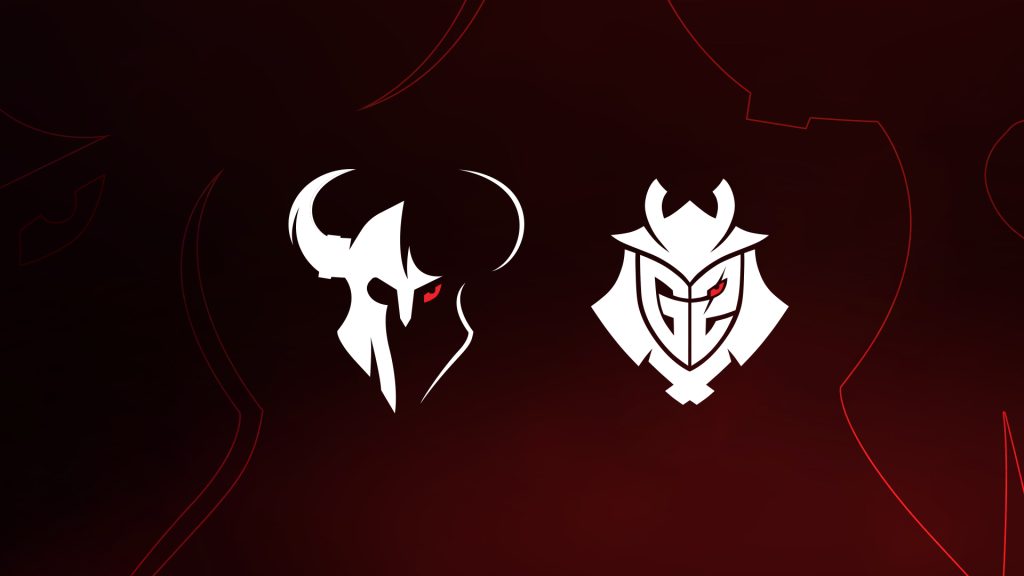
G2 and Version1
After then-Version1 COO Brett Diamond told Digiday in 2023 that it was looking to merge with an esports company, all eyes were on which organisation would take the opportunity. It turns out that it was G2 after the organisation secured a ‘strategic partnership’ with Version1 which saw the latter’s parent company, WISE Ventures, become shareholders of the European esports team.
Whilst this was not officially described as a merger, the deal did see G2 Esports take control of Call of Duty League franchise Minnesota Røkkr in 2024 with the Version1 brand retired. Looking at this move by G2 holistically, it highlights the organisation’s ambitions to cement itself into a truly global organisation, especially when combined with G2’s move into VCT Americas earlier in that year.
NRG and CLG
Whilst this deal was technically an acquisition (a merger results in the creation of a new entity, whereas an acquisition adds to an existing entity), the sale of CLG to NRG in 2023 has to be mentioned on the list. The acquisition, which saw CLG’s parent company MSG Sports own non-controlling equity in NRG, led to the retirement of one of esports’ most notable League of Legends brands. As a result, NRG acquired the team’s LCS franchise, making its return to League of Legends for the first time since 2016.
The move was part of NRG’s aggressive expansion plans in 2023 with the organisation entering VCT Americas as an inaugural partner team. Moreover, in its first year as an LCS franchise, NRG won the LCS 2023 Championship and qualified for the League of Legends World Championship.

